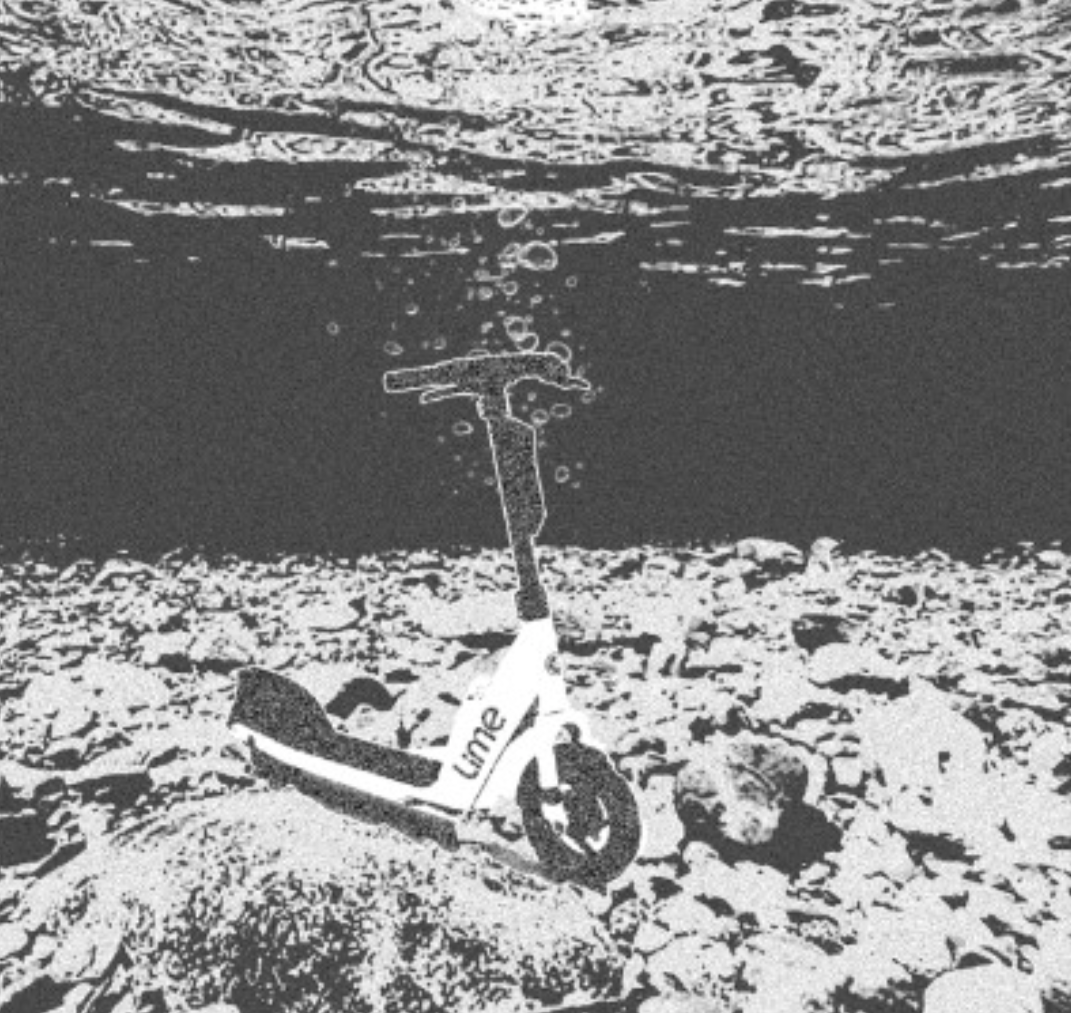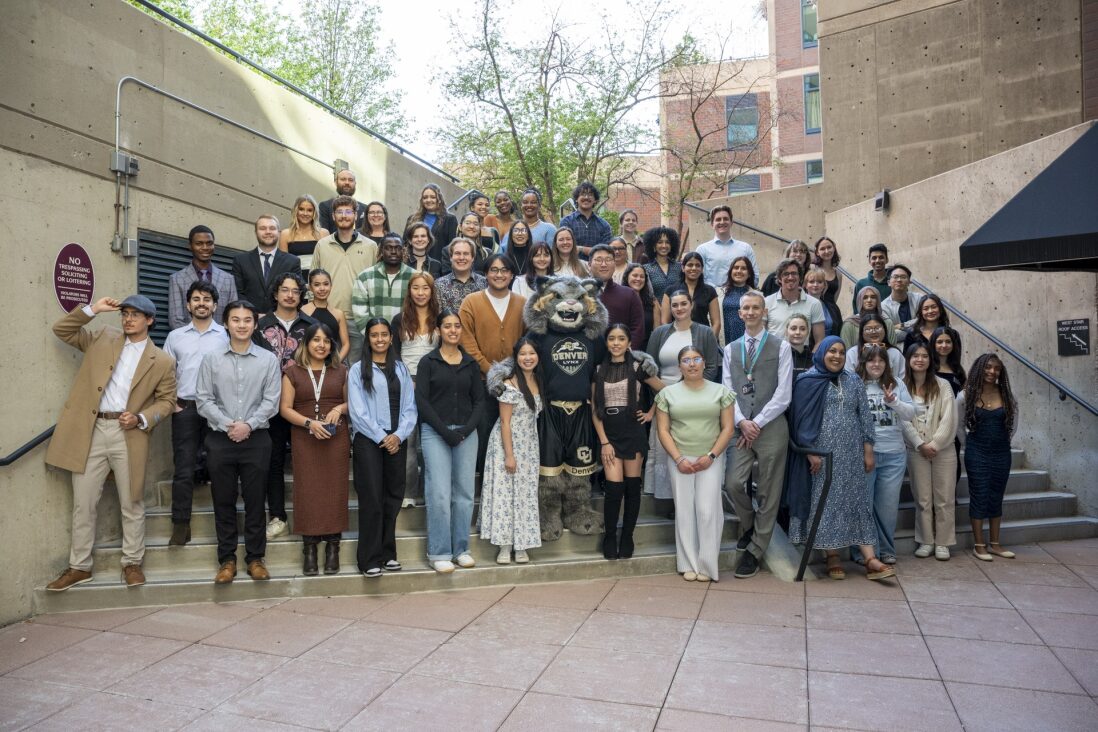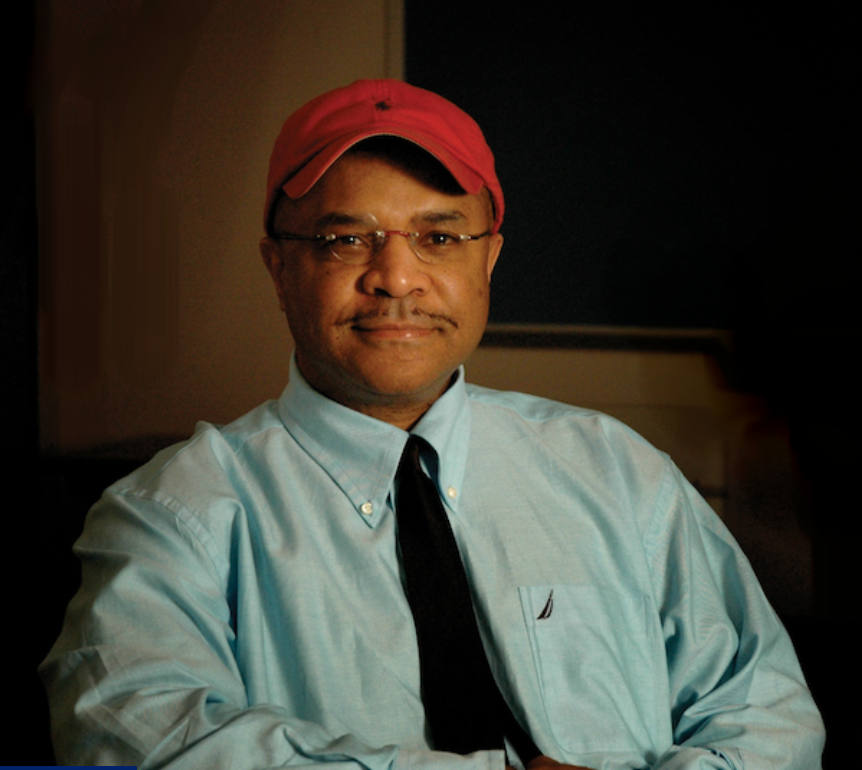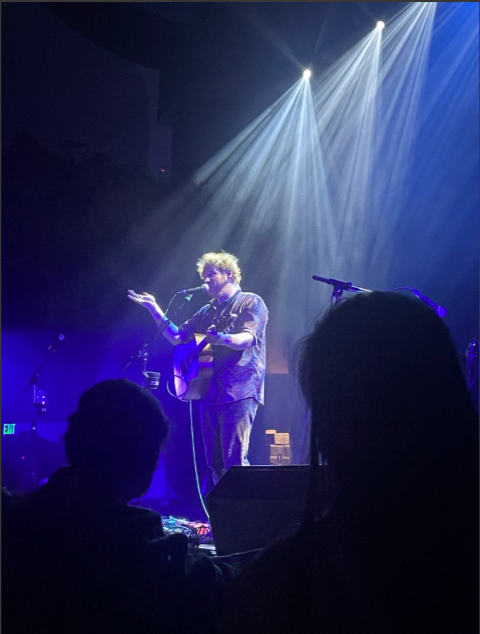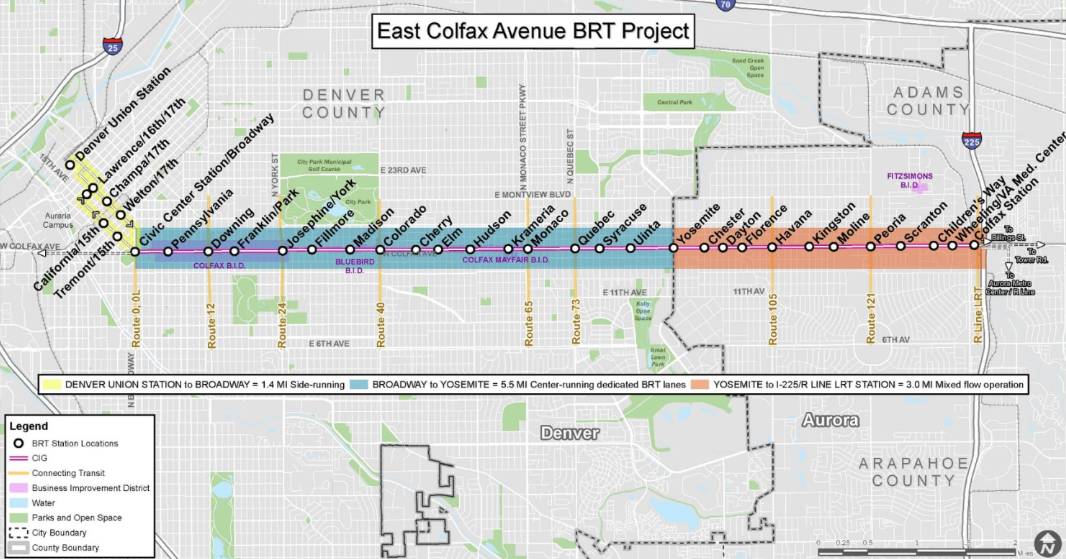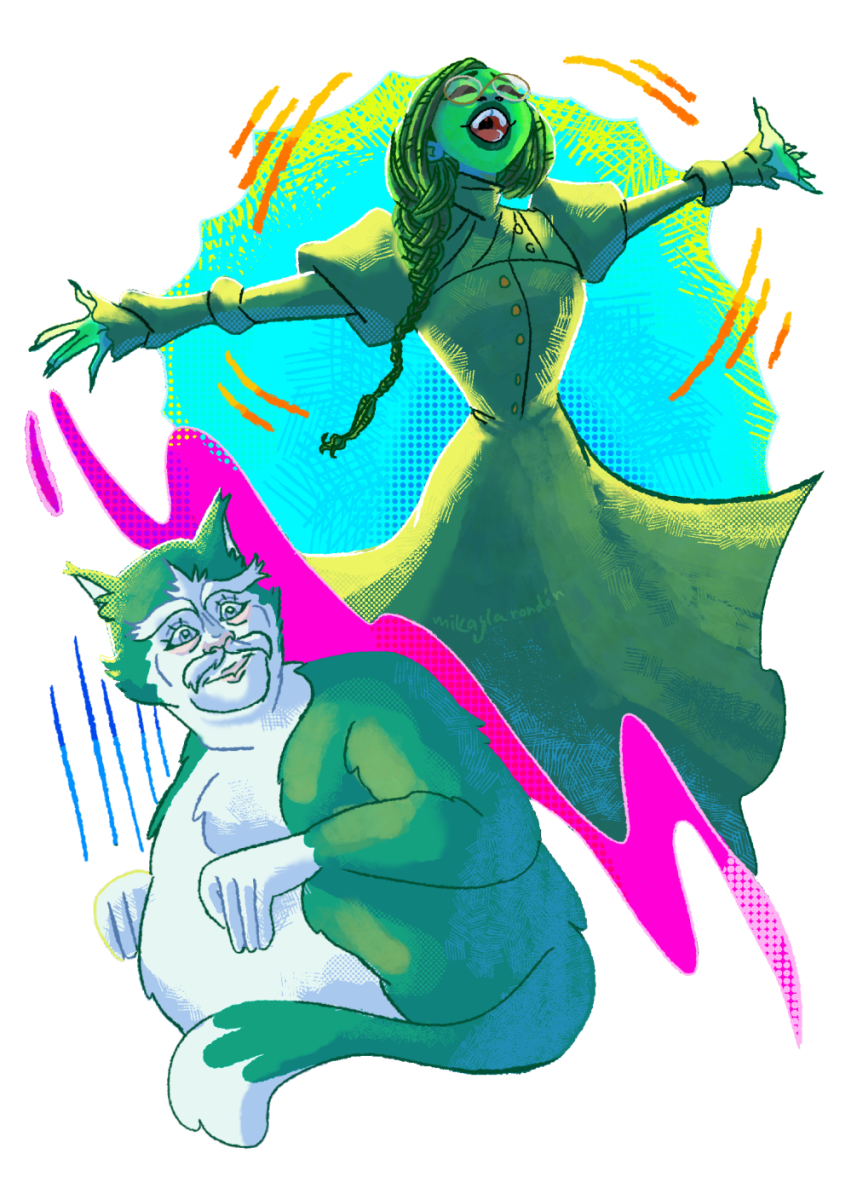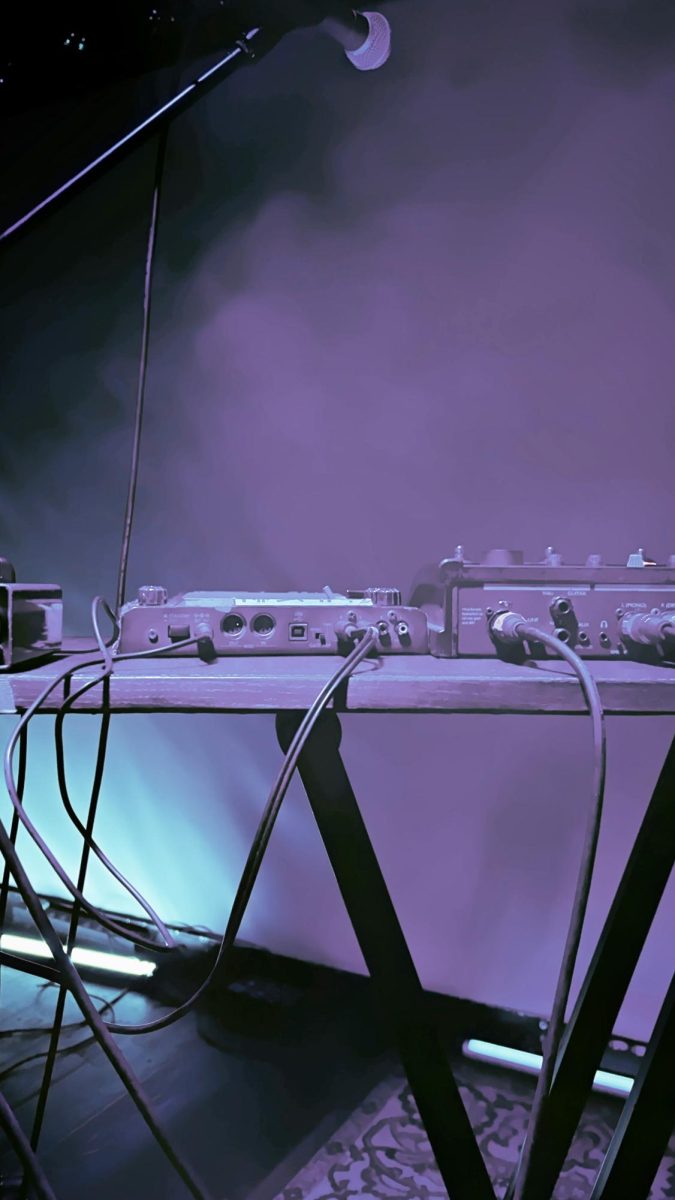The first variation of fully electronically produced music originated in 1953 in Cologne, Germany, as Electronische Musik came to be from the musical genius of Werner Meyer-Eppler, Robert Beyer, and Herbert Eimert. Prior to their conception, there had been a plethora of musicians who seasoned their sound with tech-infused electronic music, but they relied on the creation of sound from a mostly traditional, instrument-based backing as opposed to computer generated. Since its birth, electronic music has experienced hundreds of changes and sub-genre creations, constantly evolving to keep up with the times, distinguishing itself from others due to the entirety of the noise being produced, distorted, and pushed together through technological means.
In recent years it seems that yet again, electronic music is having a moment. With the accessibility of programs like Ableton or FL Studio, music making is no longer something that has to be done at a studio—it can be done in bed on a computer. The integration of artists and those enjoying the music has allowed for the scene to expand faster than ever, taking over globally as the third most listened to genre as of 2023, according to Statista.
CU Denver’s music business program is known nationally for its accolades; two professors currently up for Grammy’s at the upcoming awards. As a senior instructor in the program, Todd Reid offers insight into how he has seen the electronic music genre evolve. Though Reid is involved more intimately in the world of jazz, he teaches classes on a wide breadth of topics: from non-arts majors music appreciation to ensemble to music industry knowledge.
While conversing with him about the recent uptick in interest around electronic music, he expressed a desire to make students as well-rounded as possible, pushing them to study things that may be outside of their direct expertise. When it comes to the realm of electronic music, he said he has watched the digitized music world pick up in popularity through his students, “If I look at our student base, I would say that it [electronic music] is certainly making a comeback. I don’t know necessarily that it ever went away but things kind of ebb and flow.” Elaborating on this, Reid goes on to explain that he has seen his alumni take facets of traditional music making with instruments and fused them with computer generated sound to synthesize the two.
Though he agrees that electronic music is becoming more prevalent in the ever-expanding music world, he says that the idea of genre as a whole has become much more blurred as the tech age has allowed for all sorts of integration across the scene: “Does genre really matter anymore?”
As the music scene becomes more obscure with the ages, Reid explains that the breaking of standard genre labeling is by and large a good thing. People who may have not been into a genre due to whatever preconceived ideas they had about it are branching out, as the artists they love continue to push the boundaries of sound and add to this genre gray area. The wonderful world of electronic music will be at the forefront of this, actively moving other genres to accept this new age of fluidity that comes with an increasingly digitized scene.

